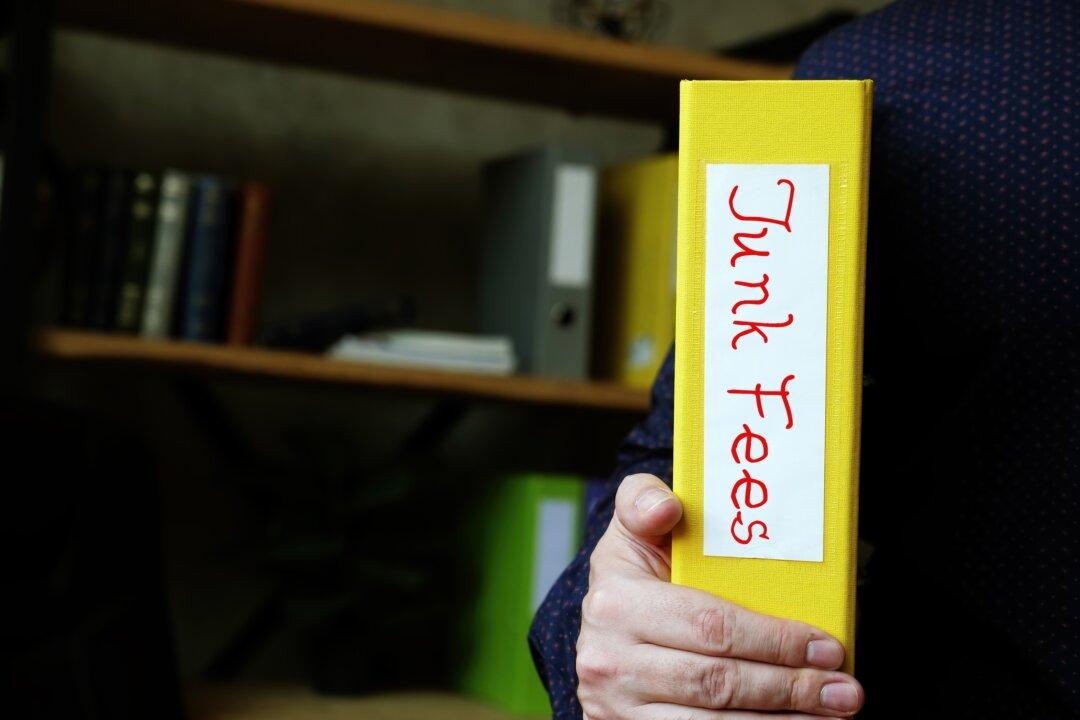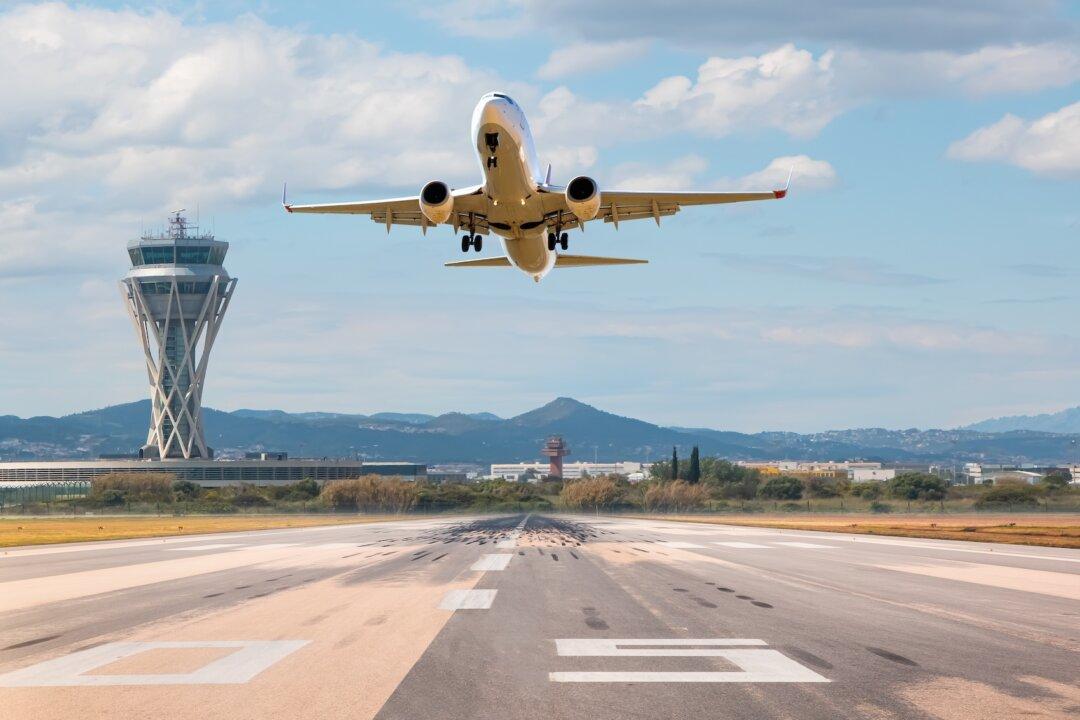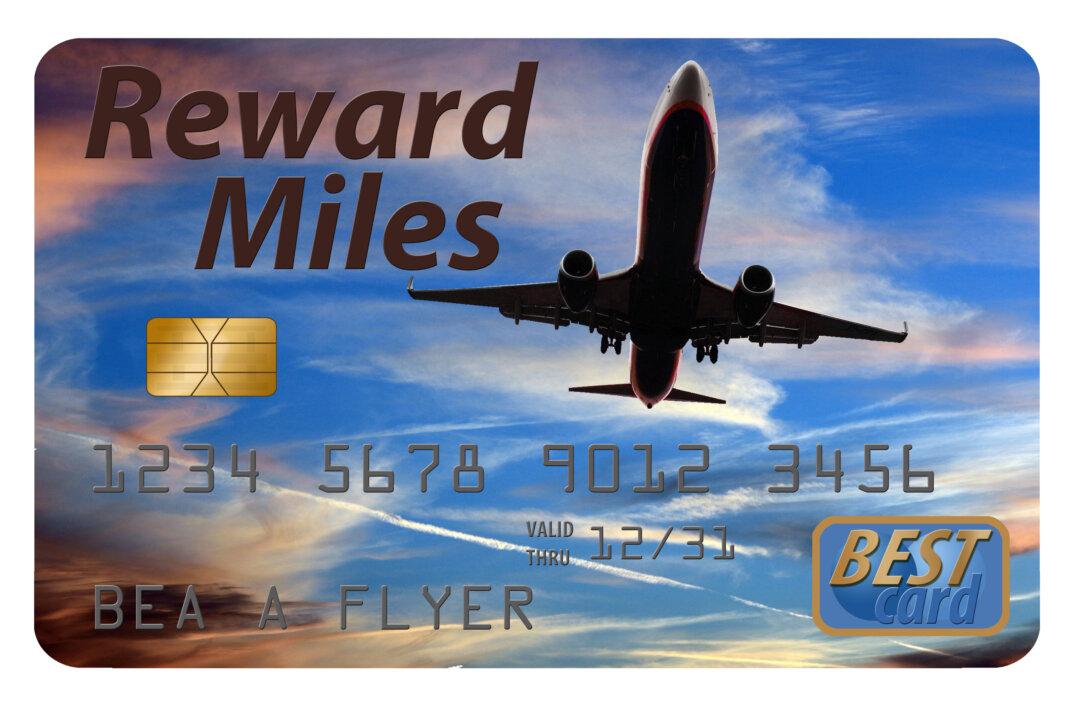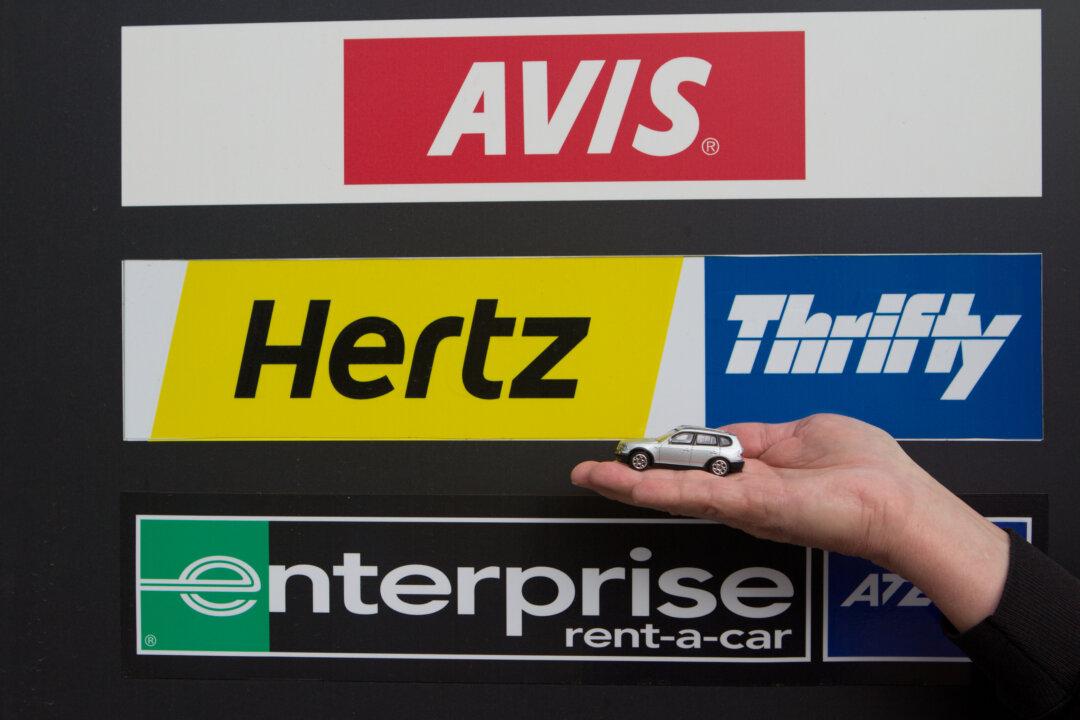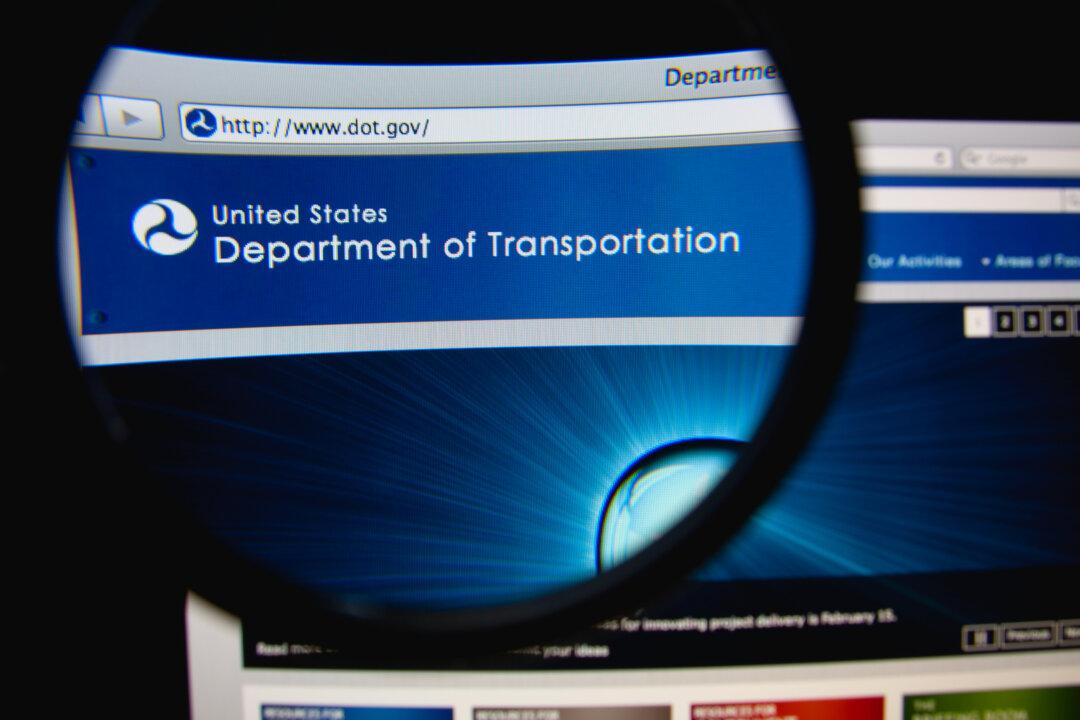Despite some rhetoric from the administration of doing away with junk fees, they’re still flourishing. And it will take more than public pronouncements actually to get rid of them.
What They Are
So far, I don’t see even a uniform definition of junk fees. Some folks include just about any fee for some service or feature that was once included in the advertised price, like a checked bag or Wi-Fi. I don’t agree. If it’s truly optional, a fee may be excessive but it isn’t junk. My definition of true junk is a mandatory fee travelers are required to pay whether or not they use the service or feature the fee is supposed to cover. That means, in effect, they’re really part of the base price that the seller has carved out in order to post a deceptively low “price” figure. They’re everywhere.Airlines. Many airlines—but not all—break their true fares down into a phony low-ball base price plus a “carrier imposed fee.” As an example, for a Chicago-London round trip in mid-May, United quotes a total basic economy price of $659, including airfare of $412 plus $247 in government taxes and fees, while American quotes a total basic economy of $643, including a phony airfare of $56, $247 in government taxes and fees, and a whopping carrier-imposed fee of $340.

